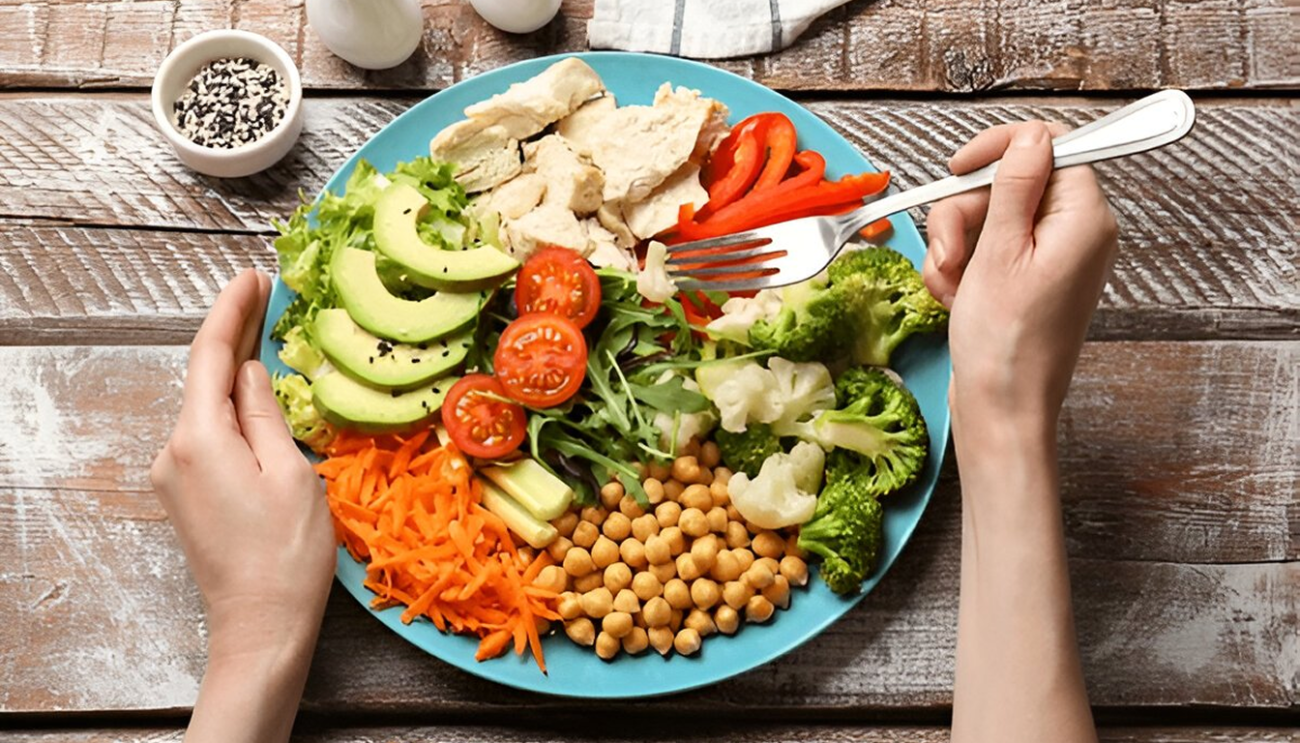Mastering Calorie Counting: Your Ultimate Guide to Effective Weight Management and Healthier Eating
Calorie counting remains a widely used and effective strategy for managing weight and promoting healthier eating habits. Although the approach may seem simple—balancing calories consumed with calories expended—the practice involves understanding key concepts like energy

Calorie counting remains a widely used and effective strategy for managing weight and promoting healthier eating habits. Although the approach may seem simple—balancing calories consumed with calories expended—the practice involves understanding key concepts like energy needs, portion control, and sustainable habits. This guide synthesizes expert insights to help you master calorie counting for improved health and lasting weight management.
What Are Calories and Why Do They Matter?
Calories measure the amount of energy in food and beverages, usually expressed as kilocalories (kcal). When you consume more calories than your body needs, the excess is stored as fat, leading to weight gain over time. Conversely, consuming fewer calories than your body uses results in weight loss.
Knowing the calorie content in the foods you eat—and how it fits into your body’s energy needs—is foundational to effective calorie counting and weight management.
Understanding Your Calorie Needs
Basal Metabolic Rate (BMR) and Total Energy Expenditure (TEE)
Your Basal Metabolic Rate (BMR) estimates the calories your body needs at rest to maintain essential functions. To maintain your weight, you must consume roughly the number of calories equal to your Total Energy Expenditure (TEE), which includes BMR plus calories burned through physical activity.
Several formulas can estimate your BMR:
- Mifflin-St Jeor Equation (most accurate for the general population)
- Revised Harris-Benedict Equation
- Katch-McArdle Formula (more precise if you know your body fat percentage)
For example, the Mifflin-St Jeor formula calculates BMR as follows:
- For men:
BMR = 10 × weight (kg) + 6.25 × height (cm) – 5 × age (years) + 5 - For women:
BMR = 10 × weight (kg) + 6.25 × height (cm) – 5 × age (years) – 161
After calculating your BMR, multiply it by an activity factor reflecting your lifestyle (sedentary to very active) to estimate your total daily calorie needs.
Recommended Daily Calorie Intakes
General guidelines suggest:
- Men: ~2,500 kcal/day
- Women: ~2,000 kcal/day
To promote weight loss, reducing daily intake by approximately 500 to 1,000 calories can lead to a safe weight loss of 1 to 2 pounds per week. However, calorie intake should not fall below 1,200 kcal for women or 1,500 kcal for men without medical supervision to avoid nutrient deficiencies.
How to Count Calories Effectively
Step 1: Track What You Eat
Begin by recording everything you eat and drink in a food diary or through mobile apps designed for calorie counting. Accurately measure portion sizes using kitchen scales or standardized serving sizes to get reliable calorie estimates. Remember to include:
- Cooking oils and spreads
- Toppings like cheese or yogurt
- Sauces such as mayonnaise or ketchup
Step 2: Use Nutrition Labels and Reliable Databases
Read nutrition labels on packaged foods to find calorie information. Online databases and apps can be valuable for estimating calories in meals or restaurant dishes. Over time, familiarizing yourself with common foods’ calorie counts will make counting easier and faster.
Step 3: Plan Meals According to Calorie Goals
Distribute your daily calorie allowance thoughtfully across meals and snacks. A sample breakdown for weight loss might look like this:
| Meal | Women (1,400 kcal/day) | Men (1,900 kcal/day) |
|---|---|---|
| Breakfast | 280 kcal | 380 kcal |
| Lunch | 420 kcal | 570 kcal |
| Dinner | 420 kcal | 570 kcal |
| Snacks | 280 kcal | 380 kcal |

Focus on meals that include nutrient-dense foods such as fruits, vegetables, whole grains, lean proteins, and healthy fats.
Beyond Counting Calories: Healthy Eating Habits
While calorie balance governs weight changes, the quality of calories matters for overall health. Emphasize:
- At least 5 portions of fruits and vegetables daily (a portion = 80g)
- At least 2 portions of fish per week, including one oily fish portion
- Minimally processed foods to benefit from higher nutrient and fiber content
- Balanced macronutrient intake (carbohydrates, proteins, fats) tailored to your preferences and health goals
Portion size control, regular meal timing, and mindful eating practices also contribute significantly to sustained weight management.
Tips for Sustainable Calorie Counting
- Set realistic goals: Aim for steady weight loss (1-2 pounds per week).
- Be consistent: Keep a regular eating schedule with planned meals and snacks.
- Avoid drastic calorie cuts: Excessively low-calorie diets can backfire by slowing metabolism and causing nutrient deficiencies.
- Combine with physical activity: Exercise increases calorie expenditure and supports metabolic health.
- Track progress over time: Weekly weigh-ins under consistent conditions provide the most reliable feedback.
- Stay flexible: As your weight changes, recalculate your calorie needs and adjust accordingly.
Common Challenges and How to Overcome Them
- Estimating Portion Sizes: Use scales, measuring tools, or visual cues (e.g., a fist-sized portion).
- Eating Out: Look up restaurant nutrition information or choose simpler, whole-food options.
- Fat Misconceptions: Low-fat doesn’t always mean low-calorie. Some fat-free foods contain added sugars raising calorie content.
- Avoiding Obsession: Use calorie counting as a guide, not a strict rule; focus on overall patterns rather than perfection.
Conclusion
Mastering calorie counting equips you with a practical tool to manage your weight and improve your eating habits. Coupled with balanced nutrition choices and regular physical activity, calorie awareness helps create sustainable lifestyle changes. Whether you are beginning your weight loss journey or aiming to maintain a healthy weight, understanding how many calories you consume—and how they fit into your body’s needs—is key to long-term success.
Remember: Before starting any weight loss plan or making significant dietary changes, consider consulting a healthcare professional or registered dietitian to tailor an approach that is safe and effective for your individual health needs.



